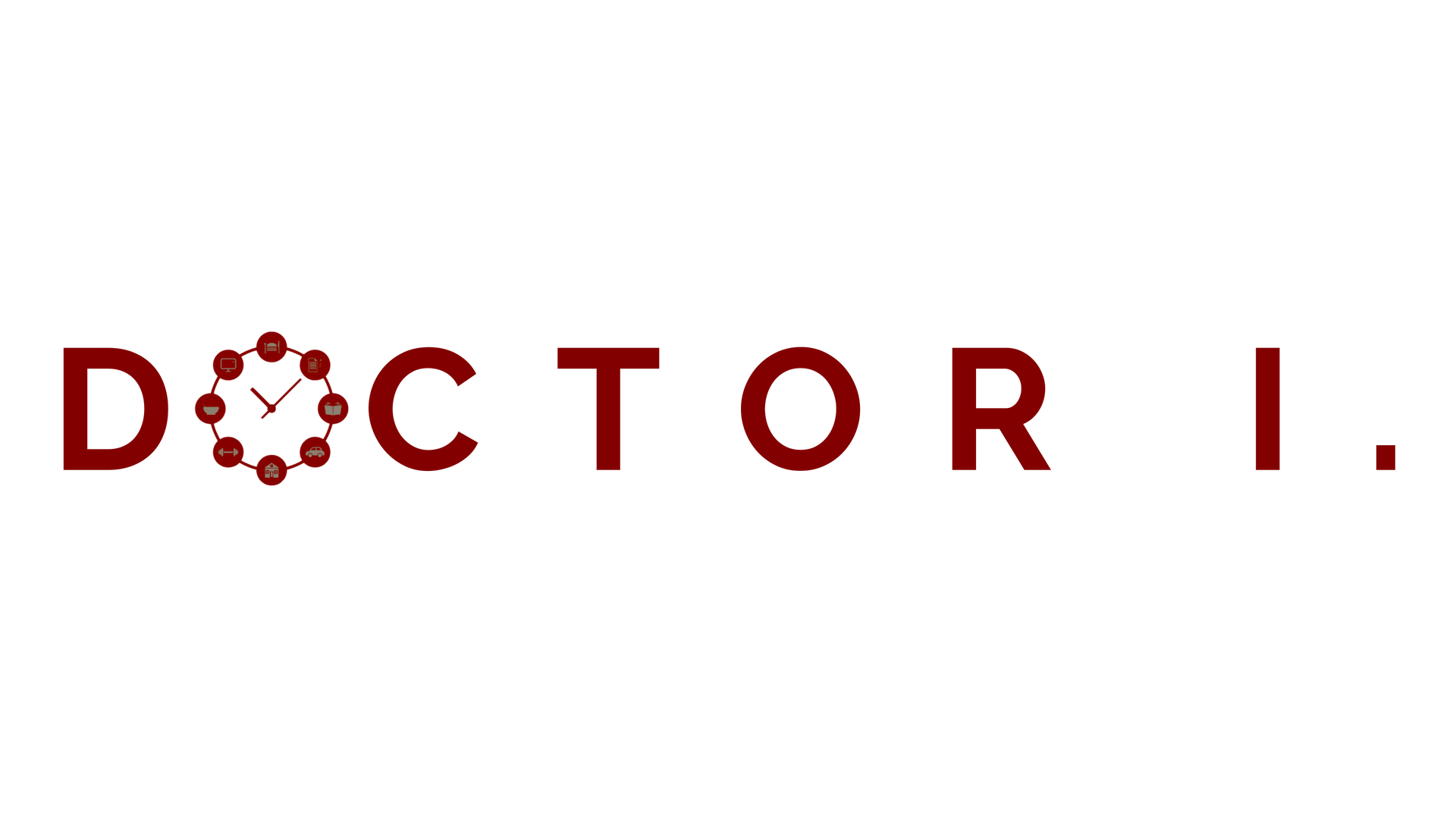Routine for World Crisis
WE ARE JUST EMERGING from a once-in-a-generation crisis.
COVID-19 has disrupted not just nations, but the world. Most now view events as Pre-Pandemic and Post-Pandemic. And, now, Russia has invaded Ukraine and further disrupted our world and lives. The Ukrainians, like most of us, want to live “everyday lives” that have rhythm, regularity, routine, and have a sense of certainty (and safety). Their world has been disrupted.
How can we prepare for the unprecedented? This might seem like a contradiction of terms, but in my mind, it is advice is on par with the notion of getting comfortable with being uncomfortable. My advice? Establish a routine offering the reassurance of structure yet open enough to handle the novel and unknown. Surely, we have seen this leadership and bravery exhibited in the messages of Ukrainian president Volodymyr Zelenskyy. His response is emotional but offers a steady hand. Another world leader, Winston Churchill, offered advice on turning life’s many lemons into lemonade, “Never let a good crisis go to waste.” With that in mind, following are a few insights from my book The Art of Routine on moving forward in the face of these twin crises.
Insist on Decorum & Mutual Respect
When the brain is in the grips of fight-or- flight, we can slip into survival mode. This is exactly the wrong way to behave in a crisis. The best leaders know you can calm everyone in
the room and increase team spirit by working thoughtfully and compassionately. Case in point: In 2018, two African American men were arrested at a Philadelphia Starbucks because the manager said they didn’t purchase beverages.
In the wake of the crisis, Starbucks doubled down on its dedication to an environment of civility for all guests — even those who haven’t (yet) bought anything, by making the following announcement: “We want our stores to be the third place, a warm and welcoming environment where customers can gather and connect. Any customer is welcome to use Starbucks spaces, including our restrooms, cafes, and patios, regardless of whether they make a purchase.”
Enforce a recognized chain of command
If you have ever witnessed a cardiac arrest or sudden loss of consciousness, the adrenaline can be intense. When this happens, clear- headed thinking can go out the window. Worse, problems can exacerbate when leaders don’t say, “Hey, I’m in charge here. The buck stops with me.” Of course, perceived authoritarianism may be unwelcome in less challenging times, but it’s key to instilling stability when an individual — or organization — is under attack. This notion of a central command in times of crisis takes on new levels of importance when the business challenge in question is public-facing.
Dr. W. Timothy Coombs, writing for the Institute for Public Relations in a 2014 article Crisis Management and Communications, noted: “From a public relations perspective, this take- control approach by senior leadership to quickly acknowledge the problem and explain what is being done to correct the issue, reassures the public and imbues a certain level of confidence in the senior leadership of the company.”
Remain Calm & Mindful — No Matter What
For a time, I managed a high-stress trauma unit dealing with life-and-death emergencies. Whenever I tell stories to friends about what we endured as a unit, I invariably receive the question, “But how did you keep your cool?” Some of them have even asked, “How did you keep your humanity?”
“By committing to the concept of triage,” I told them. “Handle the most urgent concerns — the core problems — first. While remaining calm.”
Triage in business matters because life can throw us problems that we don’t think we can handle. Back in my CEO days, I was heading up a company experiencing a bleeding of profits going into the third quarter. When it became evident our organization was heading to the danger zone, we developed an operating procedure to fight this crisis — a new routine. We established a war room and went to the heart of the situation.
Doing so may be likened to a doctor checking for vitals. By zeroing in on the core issue — revenues — we pinpointed the most urgent matter and (calmly) fixed it.
The takeaway? If and when the next calamity strikes, it does little good to be reactive. Reactive actions result from a place of fear and usually lack a broader understanding of what is at stake. By triaging, i.e., focusing on what is most crucial and then handling the situation with mindfulness, you have a better shot at solving the problem. Whatever it may be.

